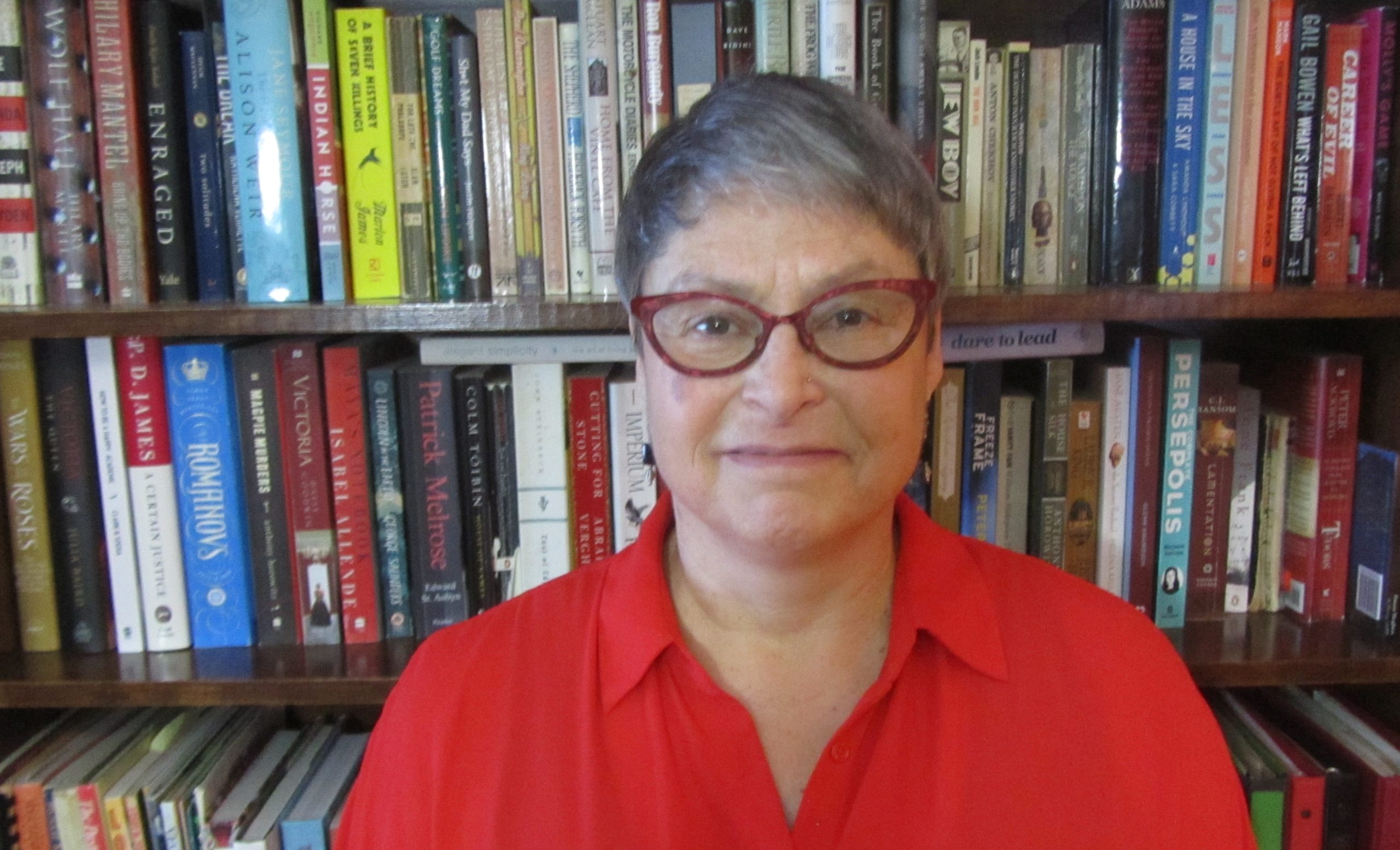
By
Jane Karpa
February 2019
Print Version
What you need to know
Notoriously known as the ‘silent epidemic,’ Acquired Brain Injury (ABI) has reached worldwide epidemic proportions. While ABIs are manifested in individuals, families’ lives are dramatically affected by ABIs. The purpose of this research study was to examine families’ experiences living with ABI.
Why this research is important
To date, evidence on how ABI affects families has been provided by examining individual family members who present their views of the ‘family perspective.’ Although this research furnishes valuable insights about families, the science on ABI and families is limited in examining the group family perspective and their experiences living with ABI. This study used a family systems approach to access the ‘whole family’ perspective to understand the impact of living with ABI.
How this research was conducted
In the province of Manitoba, six family units, which included the person with the brain injury and their respective family members, were interviewed together. During the interviews, families were asked to talk about their lives before the acquired brain injury event, now living with the brain injury, and their thoughts about their futures. Participants were all over the age of 18. The severity of brain injuries ranged from moderate to severe. Families were diverse in their make up; from dual and single-parent families to a mixture of step and blended families.
What the researcher found
The families’ stories led to the identification of the following themes.
- Families: A grounding force
This theme centers on the belief of connectedness and closeness and is associated with the bonding of its members leading to a sense of belonging. Their identity as a family unit helps to maintain and stabilize themselves as they support each other while trying to figure out the adaptations they need to make in order to live with the ABI now and in the future.
- Losses: Individual and family
This theme is about multiple loss experiences. The person with the ABI experiences a loss of identity, memory, quality functioning, quality of health, and independence. Families experience the ongoing loss of the person they once knew or the loss of the person who could have been. ABI impairments are often not recognizable to others causing families to experience a social loss.
- Family adaptive capacities
This theme denotes the strength and resiliency of families as they cope with the ABI event. Families made sense of living with an ABI through demonstrating the capacity to reorganize roles, self-educate, and incorporate beliefs that further engendered acceptance and solidified their sense of belonging and identity as a family unit. These abilities show these families to be responsive and consider the needs of all family members while retaining the same controls on family function and structure.
- Experiences with the health care system: Hospital and home
This theme is also about the families’ experiences with the health care system. In the immediacy of the health crisis, they experienced support, however, leaving the hospital often meant they were on their own. Families experienced a health system that provided patient focused episodic care.
- A patchwork future: Entering the unknown
This theme depicts the families’ vague sense about their future: positive yet uncertain. As families continue to think about the future (i.e., retirement, marriage, grandchildren), and while there is hope for continued recovery, there is a cautiousness, worry, uncertainty and fear of either regression or the return of another ABI event.
How this research can be used
Health care professionals need to acknowledge and attend to the entire family system and not just the individual and primary caregiver. The first step for health care professionals is to purposefully ‘think family’ and then adopt intentional actions to assist individuals and their family units throughout the stages of recovery.
Acknowledgements
I wish to thank the members of my thesis committee Dr. Wanda Chernomas, Dr. Tuula Heinonen, and Dr. Kerstin Rogers. Funding received from the College of Nursing Endowment Fund Graduate Student Research Grant & Fort Garry Legion Poppy Trust Fund Grant. Ethics approval was obtained from the University of Manitoba and Brandon University.
About the Researcher
Keywords
- Acquired Brain Injury
- experiences
- families
- health care
Editor: Christiane Ramsey
Read more BU Research
Research at Brandon University follows comprehensive policies designed to safeguard ethics, to ensure academic integrity, to protect human and animal welfare and to prevent conflicts of interest.

